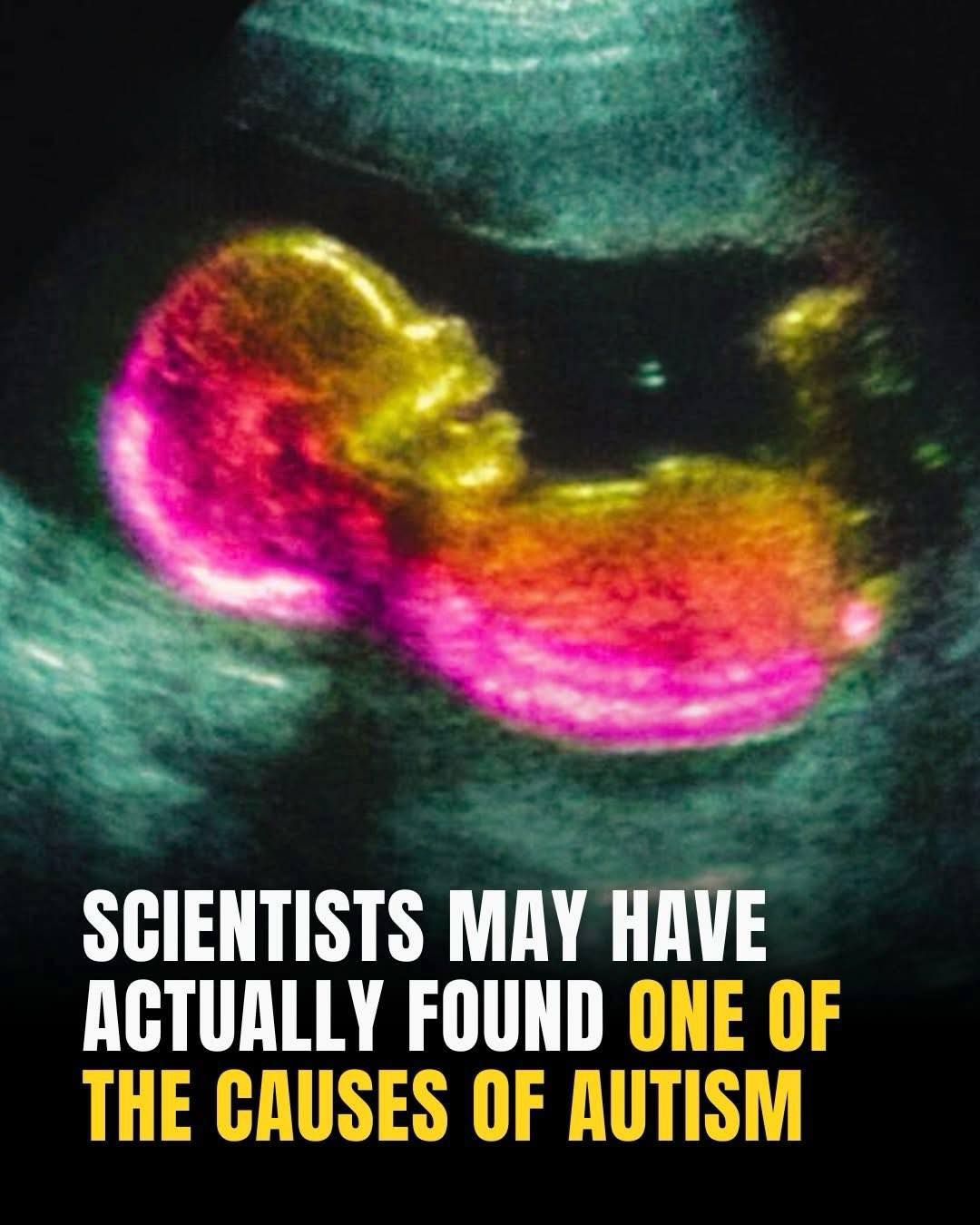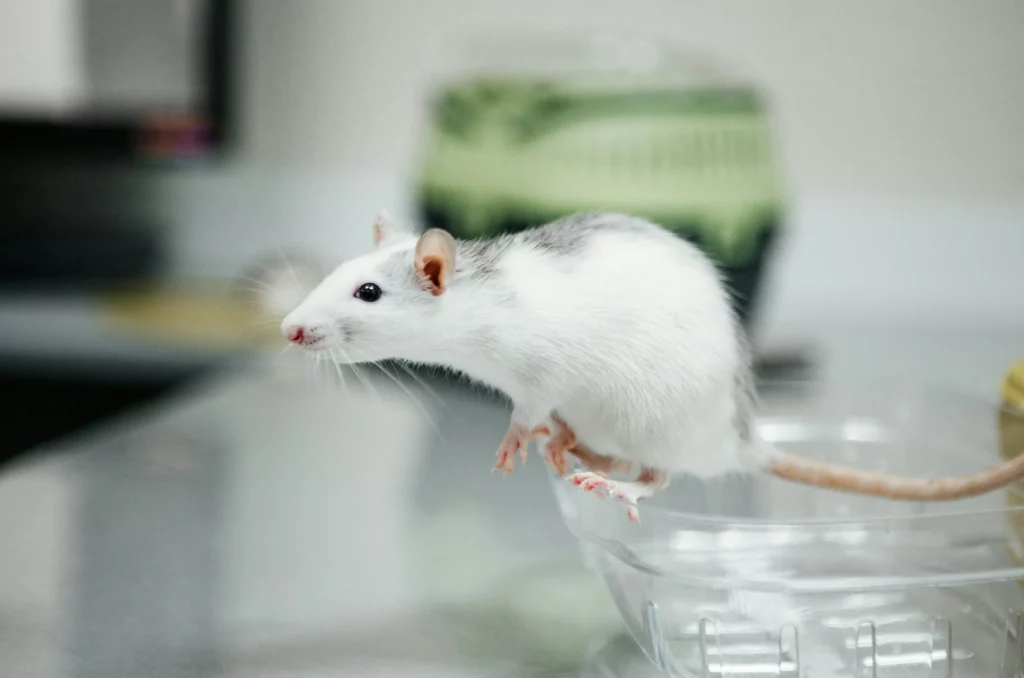In recent years, research has increasingly highlighted the impact of our gut microbiota on overall health, from mental well-being to vulnerability to autoimmune diseases like rheumatoid arthritis and type 1 diabetes. Now, a new study published in The Journal of Immunology offers fresh insights into the potential link between the microbiome and autism.
Autism and the Microbiome Connection
Autism is a complex neurodevelopmental disorder that affects brain development, particularly in areas related to social interaction and communication. The World Health Organization (WHO) reports that individuals with autism often have co-occurring conditions such as epilepsy, anxiety, depression, and ADHD, with varying intellectual capacities.
Researchers have long been curious about the factors contributing to autism development, and recent findings suggest that the gut microbiota of the mother may play a more significant role in this development than previously thought. According to John Lukens, lead researcher from the University of Virginia School of Medicine, the microbiome is crucial in shaping how the immune system responds to stress, infection, and injury during fetal development.
The Role of Interleukin-17a (IL-17a)
A key molecule potentially influencing the development of autism is interleukin-17a (IL-17a), a cytokine produced by the immune system. IL-17a has been linked to diseases like psoriasis, multiple sclerosis, and rheumatoid arthritis and plays a vital role in defending the body against fungal infections. However, it also seems to affect brain development in the womb.
The study conducted on mice demonstrated that differences in gut microbiota influence IL-17a production. Mice with a microbiome that triggered a stronger inflammatory response from IL-17a developed behaviors typical of autism, such as repetitive movements, once they matured. The study even used fecal transplants to transfer the pro-inflammatory gut bacteria, and the second group of mice also exhibited autism-like behaviors, confirming the link between gut health and neurodevelopment.
Next Steps for Research
While the study was conducted on mice, it paves the way for future research exploring the role of maternal gut health in autism. Lukens suggested that the next crucial step would be to identify features of the microbiome in pregnant women that could correlate with autism risk. However, he also warned that manipulating the immune system during pregnancy poses certain risks, as pregnancy requires a delicate balance of immune regulation to maintain fetal health.
The study opens new avenues for potential therapies that could modulate the microbiome safely to reduce the risk of autism. However, as Lukens emphasized, IL-17a is just a small part of a larger picture, and more research is needed to understand the full scope of how the microbiome affects neurodevelopment.
Please share this article to help raise awareness about this groundbreaking research and its potential implications for autism development.



